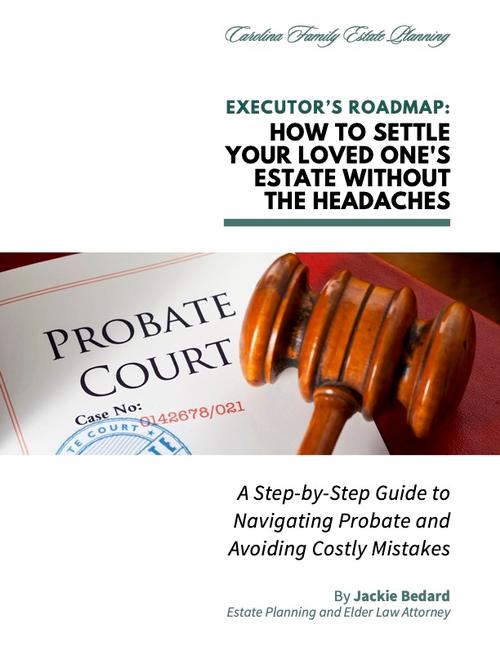
When a loved one passes away, the immediate focus often centers on grief and remembrance. However, amidst the mourning, there's a complex process unfolding: estate administration. While legal documents and financial matters are essential, the emotional toll this process takes is profound and frequently underestimated.
Navigating Grief While Managing Responsibilities
Grief doesn't pause for paperwork. Executors and family members often find themselves juggling the pain of loss with the demands of legal obligations. Tasks like sorting through personal belongings, managing debts, and making critical decisions can feel overwhelming. Balancing these responsibilities requires acknowledging your feelings and seeking support to make the process more manageable.
Family Dynamics and Tensions
Estate administration can unearth long-standing family dynamics and tensions. Decisions about asset distribution may lead to disagreements, especially if communication was lacking beforehand. Including family in estate planning and fostering transparency ahead of time can reduce potential disputes and help preserve relationships.
Decision-Making Fatigue
The sheer volume of decisions to be made, both big and small, can lead to decision-making fatigue. From choosing funeral arrangements to determining asset distribution, each choice carries emotional weight. It’s important to recognize this fatigue and allow yourself time to process, ensuring decisions are made thoughtfully.
The Role of Compassionate Legal Guidance
Having a knowledgeable and empathetic legal advisor can make a significant difference. They not only navigate the complexities of estate law but also provide support during emotionally charged situations. Compassionate legal guidance can ease your burden and help you focus on what matters most: grieving and honoring your loved one.
Honoring the Legacy
Beyond the legalities, estate administration is about honoring your loved one’s legacy. This involves understanding their wishes, preserving family harmony, and ensuring their values are upheld. Open communication and shared understanding among family members can transform this process into a healing journey.
Practical Tips for Executor Relief
Taking on the role of executor is a significant responsibility, one that can quickly become overwhelming without the right tools and support. Here are a few practical tips to help lighten the emotional and logistical load:
- Don’t go it alone. Even if you're the designated executor, that doesn’t mean you need to handle everything solo. Surround yourself with a reliable support team—whether it’s family members, a trusted friend, or a professional advisor.
- Set realistic timelines. Estate administration takes time. Don’t feel pressured to resolve everything immediately. Prioritize urgent matters, and give yourself permission to work through the process gradually.
- Keep clear records. Document decisions, expenses, and communications. Staying organized not only simplifies your tasks but also protects you from misunderstandings or legal concerns later.
- Communicate often and clearly. Be upfront with beneficiaries and family members about timelines and expectations. Regular updates help manage emotions and reduce conflict.
- Care for yourself, too. Grief, stress, and pressure can take a toll on your mental health. Don’t hesitate to seek emotional support or professional counseling. Remember, taking care of yourself helps you show up stronger for others.
If you're feeling overwhelmed and unsure where to start after a loved one passes away, you're not alone. There's a lot to process, both emotionally and logistically. To help you take those first steps with confidence, we've created a free resource just for you. Download our guide: First Steps When a Loved One Passes Away. It’s packed with practical tips, checklists, and compassionate advice to help you move forward, one step at a time.
Estate administration is more than a legal process; understanding and preparing for the non-legal challenges can make all the difference. With compassionate guidance and the right support, you don’t have to navigate this alone. If you're facing estate administration and need help balancing the emotional and legal responsibilities, reach out to our team. We’re here to guide you through it with care.


